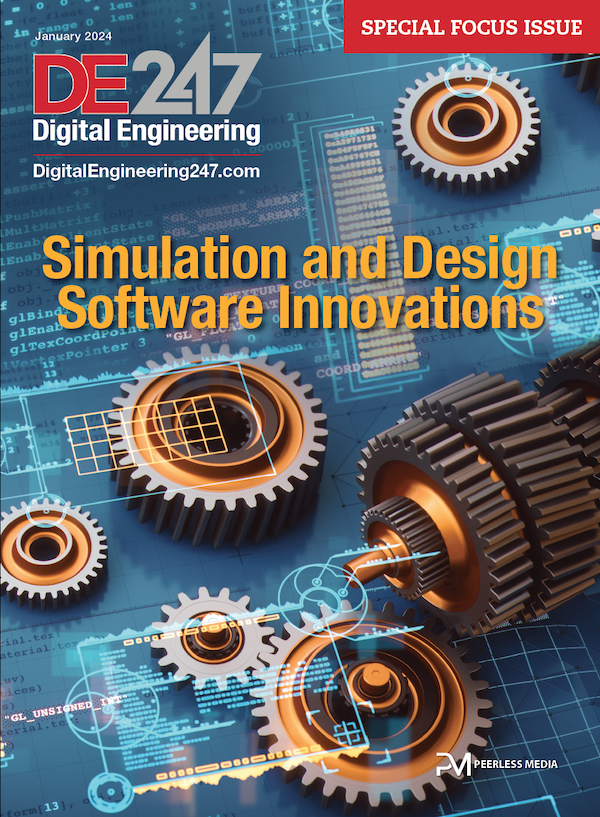Latest News
December 4, 2001
In the movies, any time an alien race has technology based on organic processes, it’s inevitably sticky or gooey. As a kid, that kind of thing was gross. As an adult, it makes no sense. What kind of engineer, regardless of origin, is going to design a system that continually loses parts and gums itself up with every use, no matter how simple?
Fortunately for us, real organic electronics are neither sticky nor gooey, and now they may have gotten a boost in performance thanks to a new printing process. The U.S. Department of Energy’s SLAC National Accelerator Laboratory and Stanford University have teamed up to improve the process responsible for building low-cost solar cells, flexible displays and a number of other electronics products.
The team calls the new printing process fluid-enhanced crystal engineering (FLUENCE). For some materials, the process results in thin films that can increase conductivity by up to 10 times. In addition to building faster semiconductors, the research team claims the new process can be easily scaled up for industry.
FLUENCE focuses on controlling the printing flow of whatever liquid the organic material is when dissolved. To accomplish this, the team developed a print blade with microscopic pillars built into it that encourage a uniform flow of ink. At the same time, chemical patterns on the substrate suppress crystal formations on the blade that might result in print errors.
Below you’ll find a video about organic electronics.
Source: SLAC
Subscribe to our FREE magazine, FREE email newsletters or both!
Latest News
About the Author
DE’s editors contribute news and new product announcements to Digital Engineering.
Press releases may be sent to them via [email protected].







